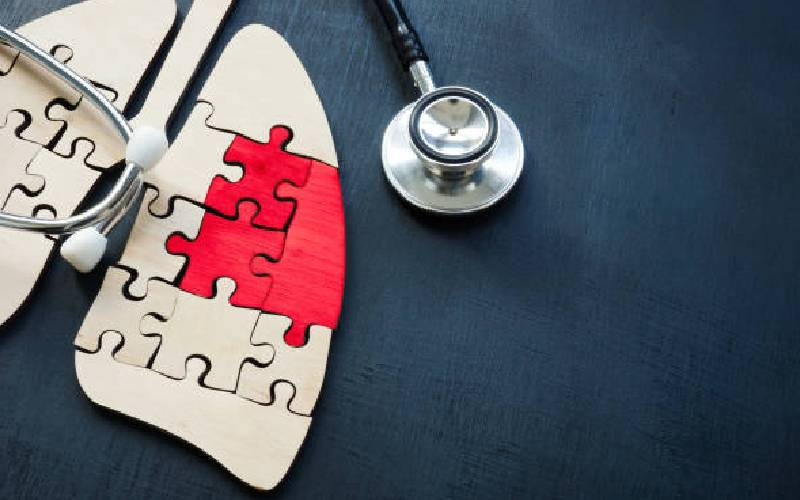×
The Standard e-Paper
Fearless, Trusted News

As the world observes World Lung Cancer Day, the devastating impact of cancer continues to affect lives in Kenya and the globe, with over 10 million lives lost to the disease in 2020 alone, according to the World Health Organization.
Global Cancer Observatory estimates that in 2020 1,435,943 cases of lung cancer were reported worldwide, with Kenya accounting for 794 of these incidents.